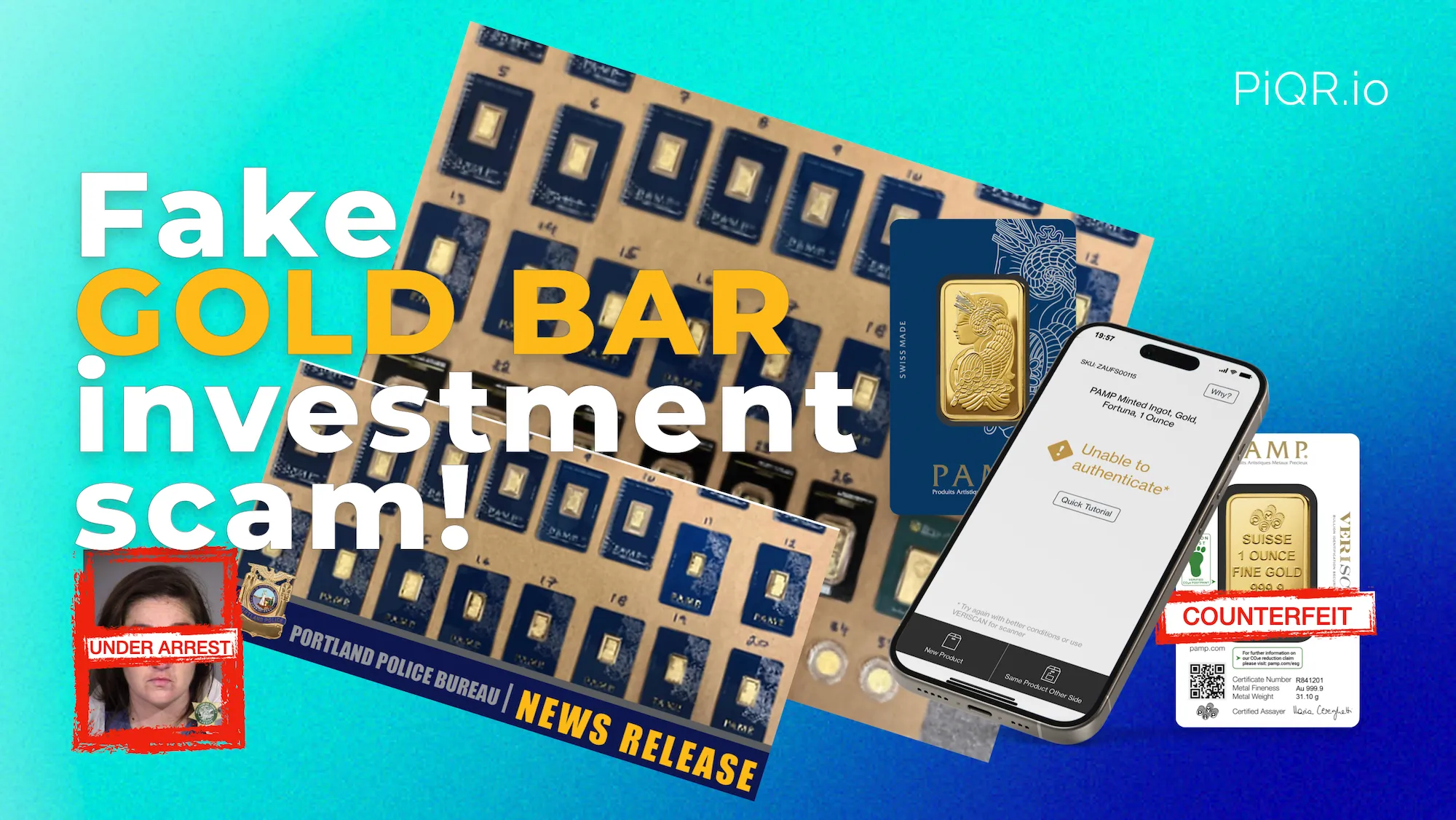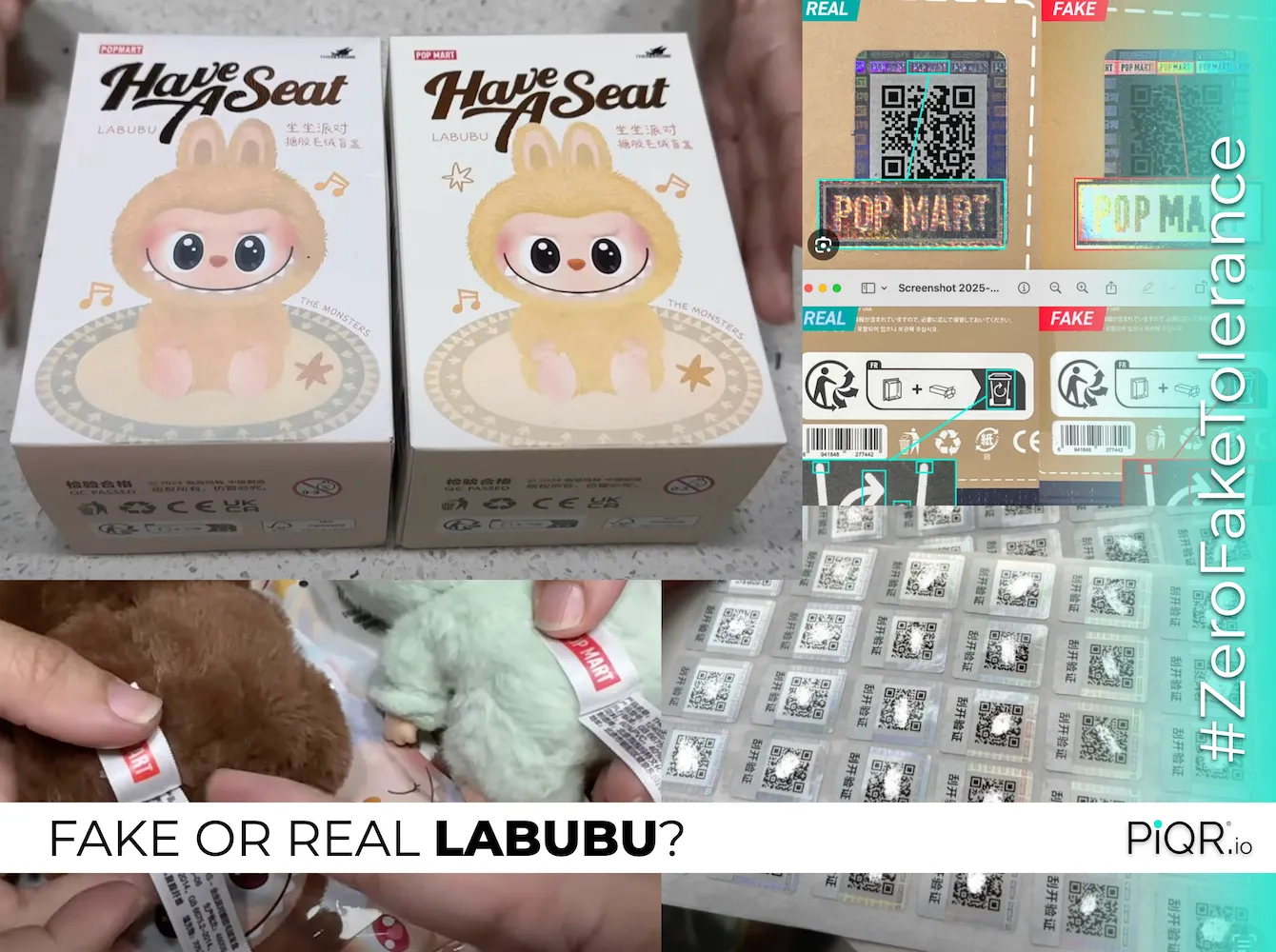Louis Vuitton’s $584M Counterfeit Win — Why It Matters, But Isn’t Enough?
After two+ year long process,iIn September 2025, Louis Vuitton Malletier S.A.S. made headlines after a U.S. court awarded $584 million in damages against Westgate Discount Mall, Inc., a Georgia-based flea market operator, long accused of enabling the sale of fake Louis Vuitton (and many other brands) products. One could think, that nobody will ever try to counterfeit anything.
The judgment, one of the largest counterfeit-related awards ever, deserves to be celebrated as a huge victory for IP enforcement.
But is it a real turning point for brand protection, or just another expensive, symbolic win?
🧾 Case Summary
- Who: Louis Vuitton Malletier S.A.S. vs. Westgate Discount Mall, Inc. and related operators.
- Where: U.S. District Court, Northern District of Georgia.
- When: Filed April 11, 2023 → judgment issued September 2025.
- Why: Westgate allegedly allowed vendors to sell large volumes of fake Louis Vuitton handbags despite repeated notices.
- Result: $584M damages awarded to Louis Vuitton.
Case number: <Case No. 1:23-cv-01541.> https://dockets.justia.com/docket/georgia/gandce/1%3A2023cv01541/314378
Why this case matters?
1. Landmark Damages Award - A $584M judgment sends a strong signal: U.S. courts are willing to award huge sums for willful trademark infringement.
2. Marketplace / Location Owner Liability - This wasn’t just about individual counterfeit sellers. The marketplace operator was held liable for turning a blind eye. That matters for flea markets, landlords, and also for online platforms — warning that if you profit from counterfeit sales, you can be accused of contributory trademark infringement.
3. Public Education - Massive headlines help educate consumers that counterfeiting isn’t a harmless “discount hack.” They also give lawmakers more ammunition to demand accountability from marketplaces and physical venues.
Why is it not "enough"?
1. Easy Escape: Default & Insolvency - The defendant is a small business. Collecting the $584M is nearly impossible — most likely the offender will default or declare bankruptcy. The judgment is huge, but the money will almost never be paid.
2. Slow, Costly & Narrow.
- Litigations take years to resolve, for one market, one operator.
- Requires armies of lawyers and massive resources.
- Meanwhile, thousands of other sellers around the world kept selling.
3. Limited Ripple Effect - The small operator punished here doesn't seem to be a global counterfeit syndicate or source of the products. Others in the network may not even hear about the case — or care. The supply chain keeps moving.
4. Reactive, Not Preventive - This approach fights fires reactively - after consumers have already been exposed to fakes. It doesn’t stop counterfeit goods from entering markets or protect resellers / shoppers in real time.
� Why Enforcement Only is Not Enough to Stop Counterfeiting in 2025?
- Complexity of Legitimate Channels — Legitimate supply chains are becoming omnicomplex and prices range
- Global Illicit Trade is Agile — Shut one door, another opens. New sellers and social media channels appear overnight.
- Enforcement Doesn’t Scale — Even billion-dollar brands can’t litigate every market stall, warehouse, or online seller.
- Consumers Are Left Guessing — Without reliable, public product authentication, buyers can’t tell real from fake — until it’s too late.
- Criminals Don’t Fear Bankruptcy — Defaulting on a judgment is easy. The risk is low compared to the profit.
How to stay ahead of the criminal groups behind counterfeiting?
Litigation will always be part of brand protection, but it can’t be the whole strategy. Some level of prevention and supply chain empowerment must come first.
Brands can consider following:
- Make products self-authenticating with Publicly Accessible Authentication Protocols (PAAP) — so anyone, anywhere can instantly check if an item is real with binary response, no hesitation, no doubts,
- Empower the supply chain - not just your trusted circle - your retailers, distributors, traders but also consumers with reliable, tamper-proof authentication— not just legal teams.
- Cut counterfeiters’ business model before it starts, rather than suing after the damage is done.
💡 Bottom line:
The $584M Louis Vuitton win is an impressive legal milestone and a warning to negligent marketplaces — but it won’t stop the counterfeit trade nor earn more trust of the supply chain. Enforcement ≠ prevention. Trust is a reciprocal thing, it comes from empowering and also protecting the supply chain stakeholder, also by making products reliably authenticable.




